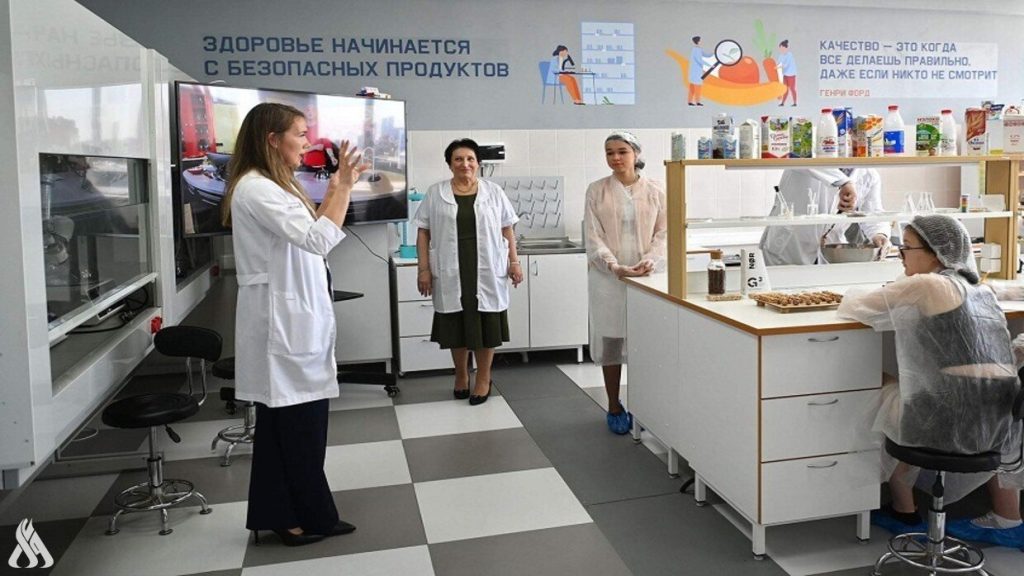
Follow-up – WAA
Scientists from the Institute of General Genetics and a number of other Russian research organizations propose a global project to develop microbiological production of new food products for humans and animals.
The proponents of this proposal presented their project at a meeting of the heads of the BRICS science academies, where, according to them, the implementation of this project will help humanity avoid the coming crisis associated with the shortage of land area needed for food production.
“The lack of biological resources is one of the main problems facing humanity, because hunger is the second leading cause of death on Earth after diseases. In addition, almost half of the arable land is already in use,” Nikolai Yankovsky, a senior researcher at the institute, told Izvestia.
Researchers propose to implement the project using bacteria that produce organic compounds from inorganic compounds present in the environment, and using electricity as a source of energy. A number of such microorganisms are known to science. In addition, such bacteria can be obtained using selection methods and genetic engineering.
According to scientists, the efficiency coefficient of the proposed reactors can significantly exceed traditional methods used to obtain materials needed for the production of food products.
“For example, if the average wheat crop exceeds the number of seeds planted by a factor of 100, then the biomass of bacteria under favorable conditions can increase billions of times annually,” Jankowski says.
The scientist points to the multiplier effect of microbiological technologies. For example, the use of bacteria that “feed” on carbon dioxide helps reduce global warming and mitigate its effects. Thanks to microorganisms, products such as acetate can be produced and subsequently converted into sugars, as in a giant battery to store excess energy, turning it into reserve materials. That is, these products can be stored in permafrost for a long time and used as needed.
Source: Russia Today


